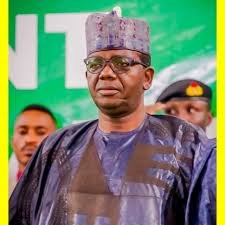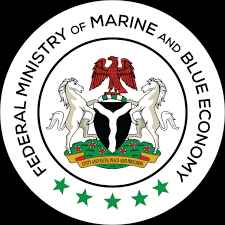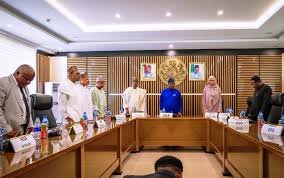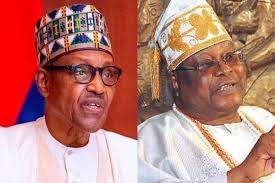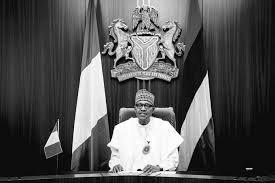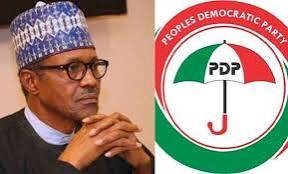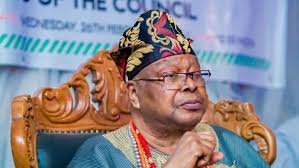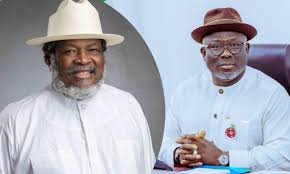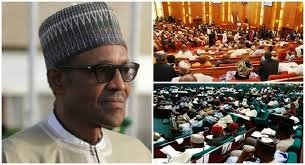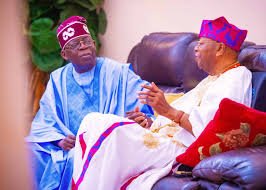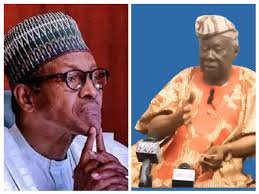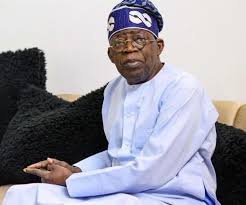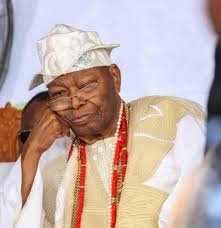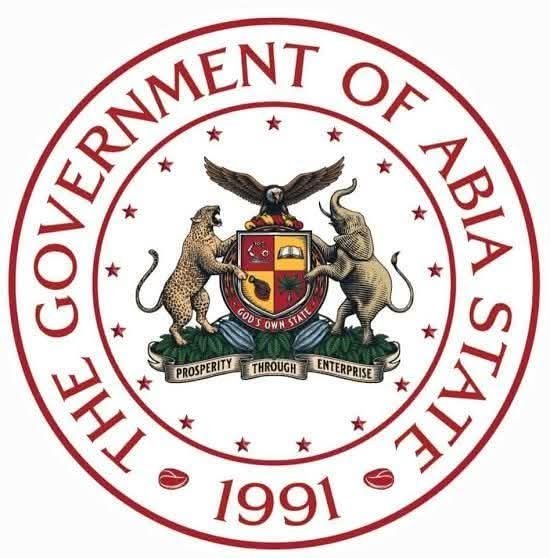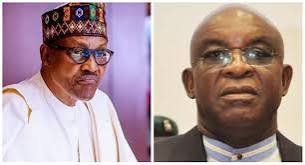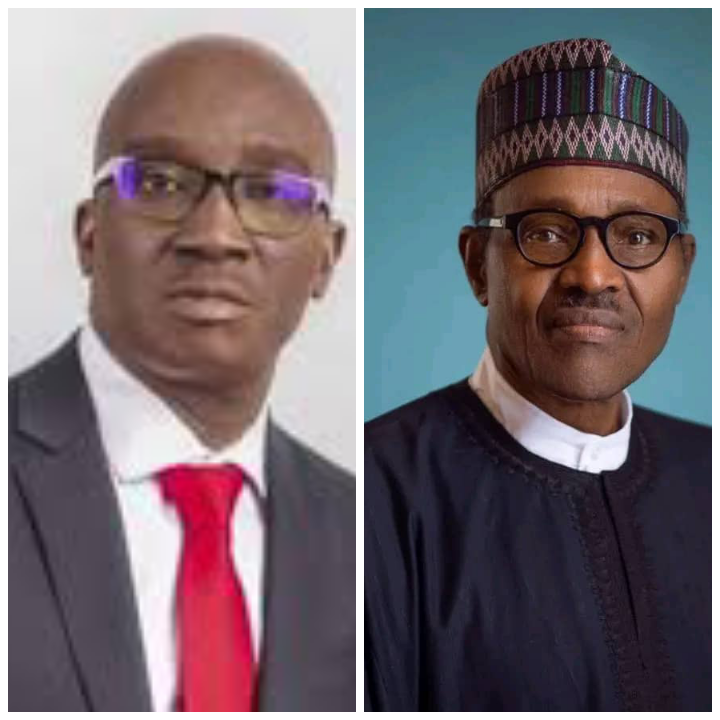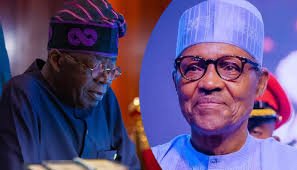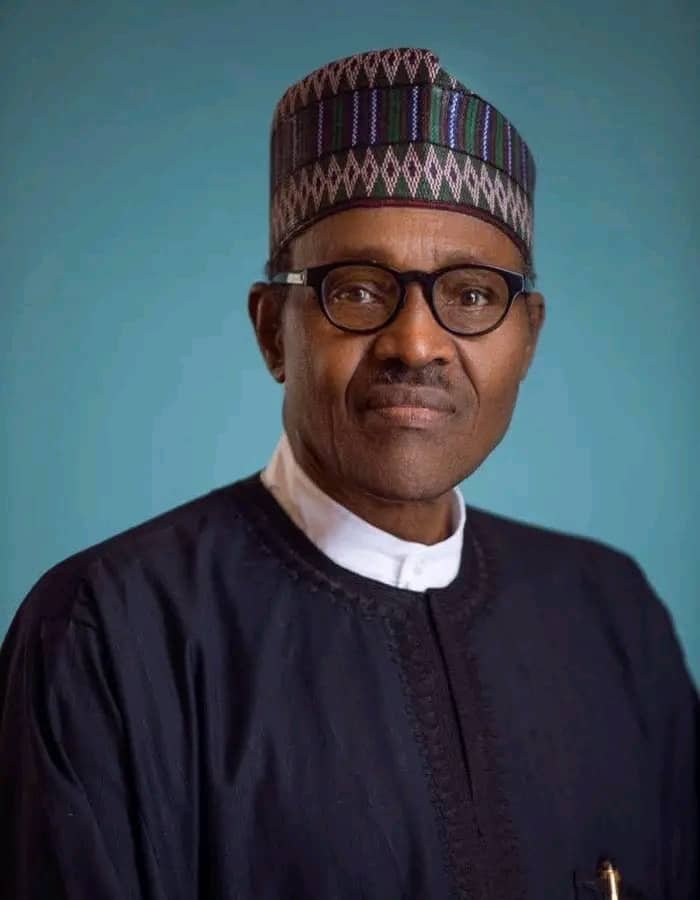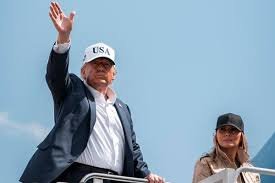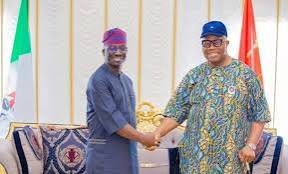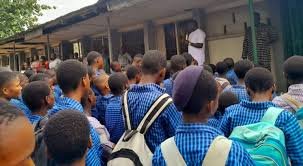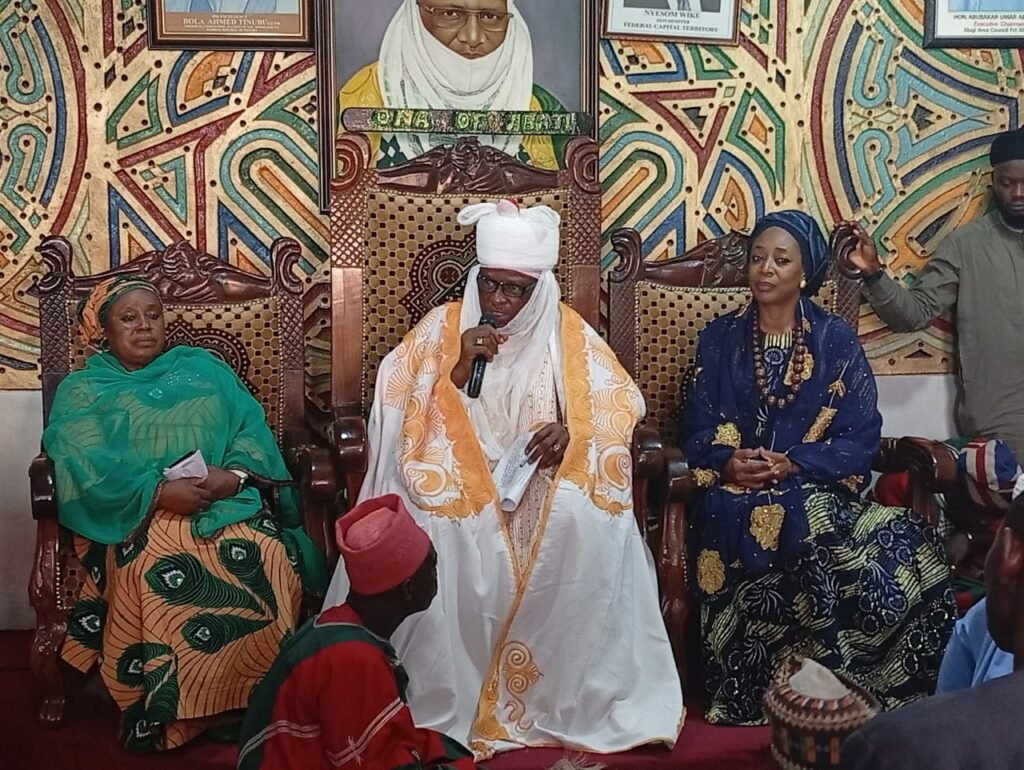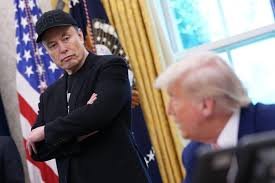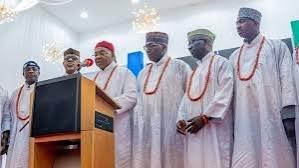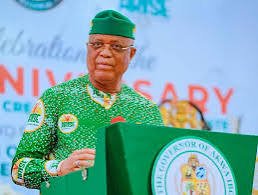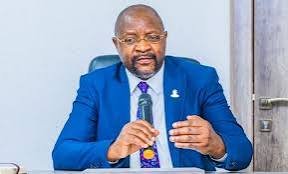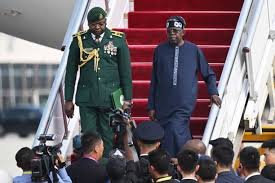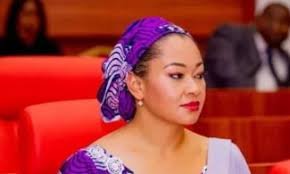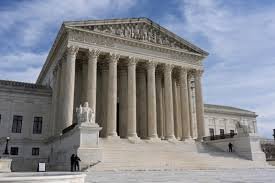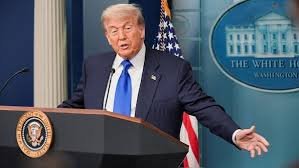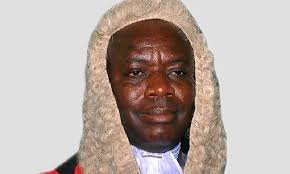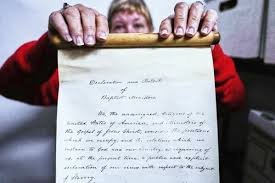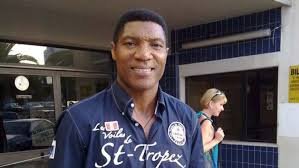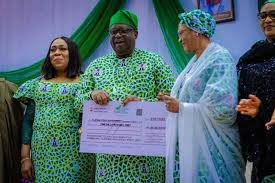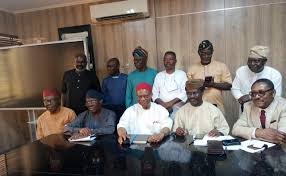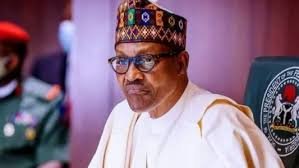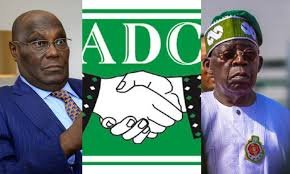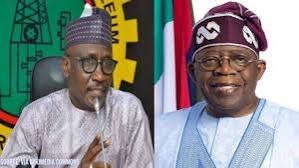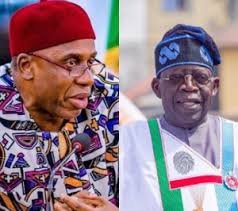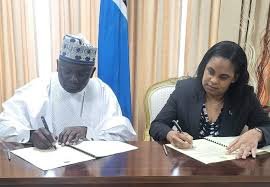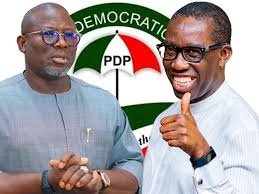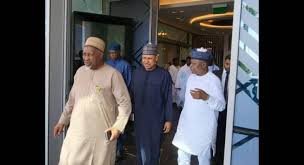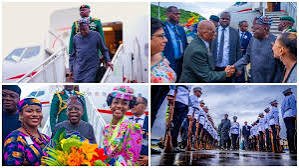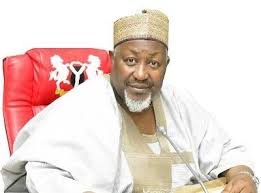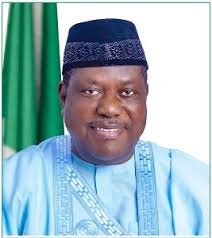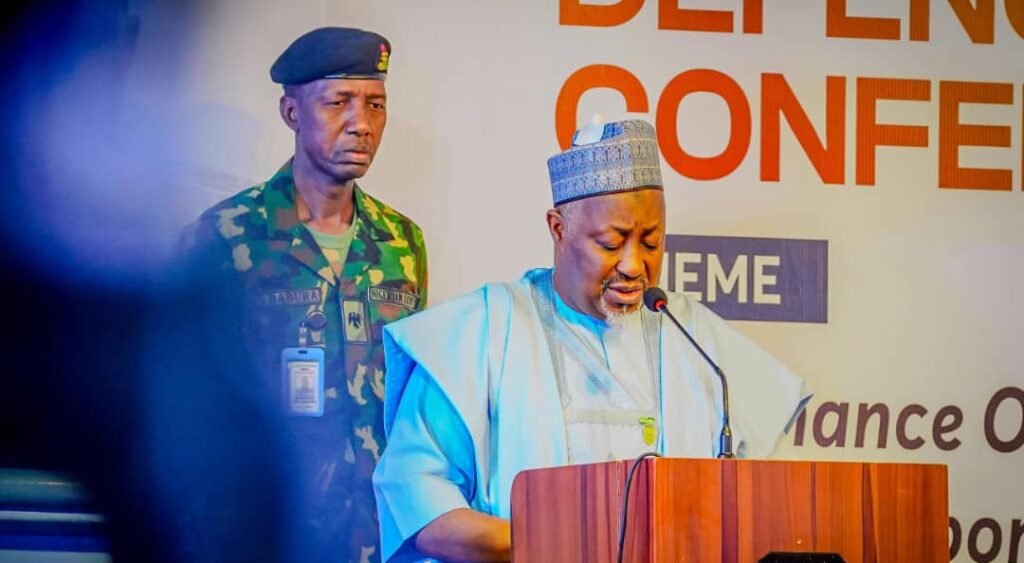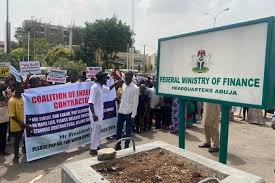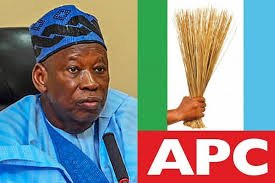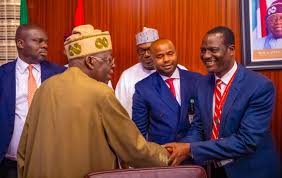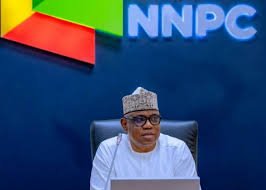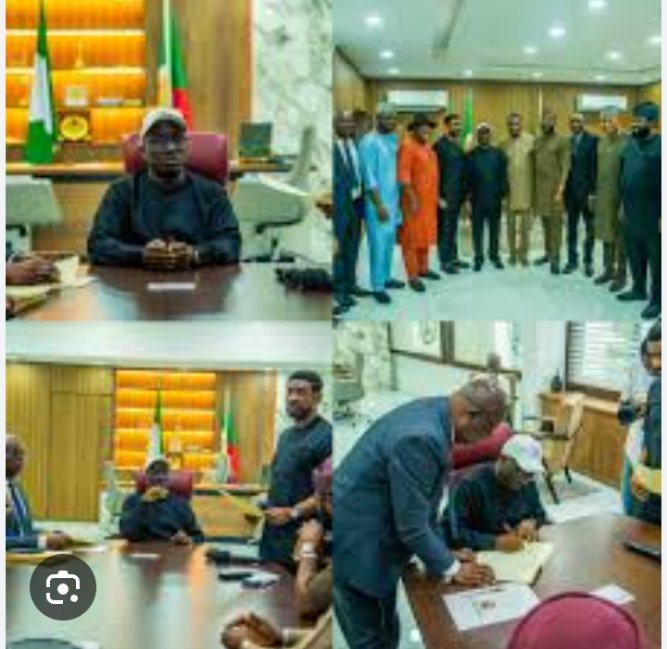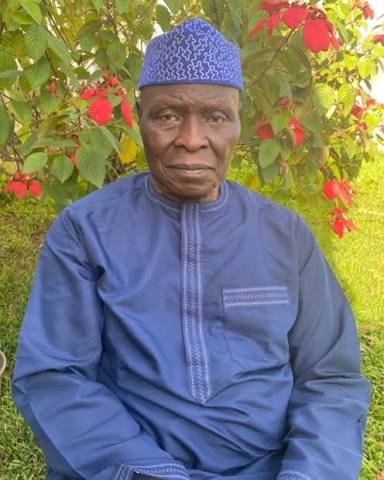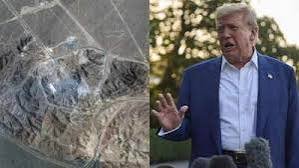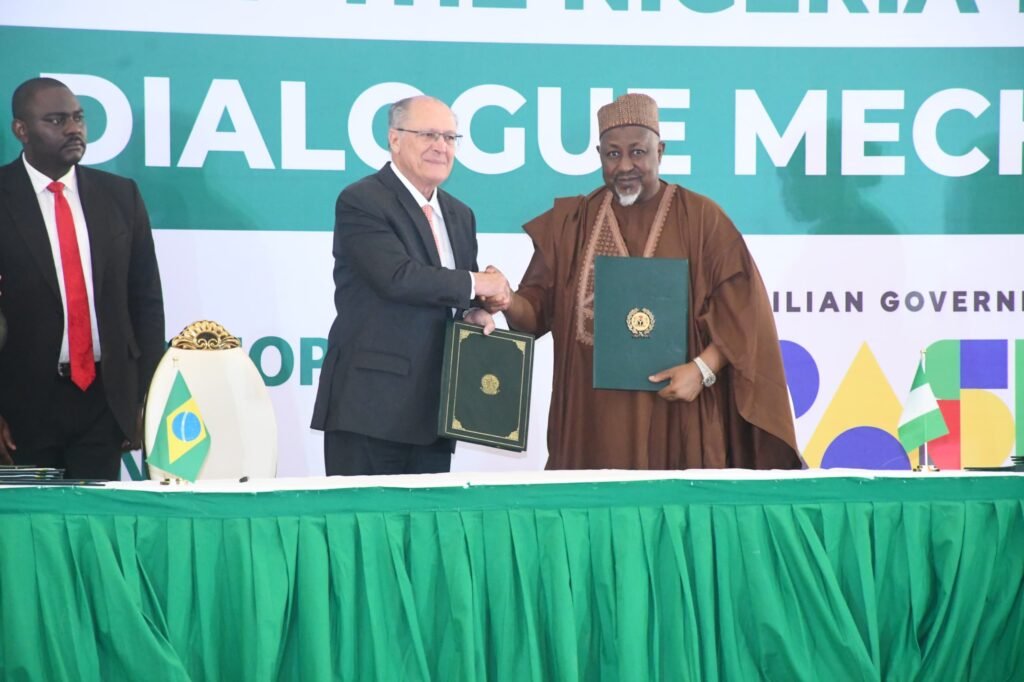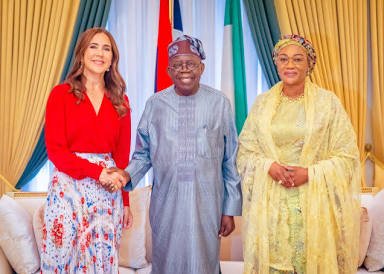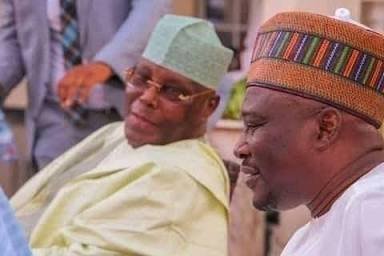US APPEALS COURT ALLOWS TRUMP’S TARIFFS TO REMAIN IN EFFECT
A US federal appeals court has ruled that President Donald Trump’s sweeping import tariffs can remain in effect while a legal challenge works its way through the court. The decision came after the Trump administration appealed a Court of International Trade ruling that found the president exceeded his authority to impose country-wide tariffs claiming a national emergency. The appeals court put the tariff cases on a fast track for a resolution this summer, with a hearing scheduled for July 31. The court’s decision allows the tariffs to stay in place pending the course of the appeal. According to the ruling, “the court concludes that these cases present issues of exceptional importance warranting expedited en banc consideration of the merits in the first instance.” Plaintiffs, a group of small businesses, had argued that preserving Trump’s sweeping tariffs while the appeals process is ongoing “would cause irreparable harm” to businesses and consumers across the country. Ilya Somin, a law professor at Scalia Law School and plaintiff lawyer, said the decision was “unfortunate” but expressed hope that the expedited review could yield a permanent answer soon. “The Federal Circuit also indicated in its ruling today that there will be expedited consideration of the case, and we hope to get a ruling on the merits faster than usual,” Somin said. The White House welcomed the stay, calling it “a welcome development.” White House spokesman Kush Desai said, “The Trump administration is legally using the powers granted to the executive branch by the Constitution and Congress to address our country’s national emergencies of persistent goods trade deficits and drug trafficking.” The tariffs were imposed under the International Emergency Economic Powers Act (IEEPA), which Trump used to pass along “reciprocal” tariffs, a 10% universal tariff, and import taxes on Mexico, Canada, and China over their alleged roles in enabling illegal migration and fentanyl to flow into the US. JPMorgan economists estimated that without the IEEPA-related levies, the nation’s effective tariff rate on goods would decline from 13-14% to 5%. The ruling has no bearing on sector-wide tariffs Trump previously enacted, including those on aluminum, steel, cars, and car parts, which were imposed under Section 232 of the Trade Expansion Act. Trump’s tariff policies have been unpredictable, with businesses and consumers struggling to determine the cost of imported goods. Trump has called for businesses to bring production into the United States to avoid tariffs, a process that takes time and money.

